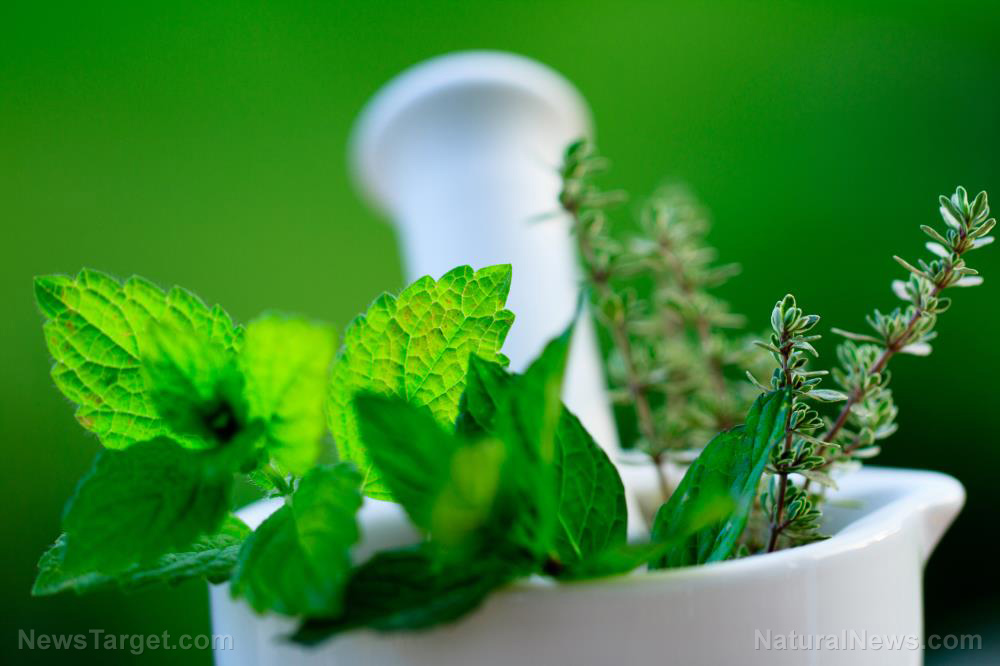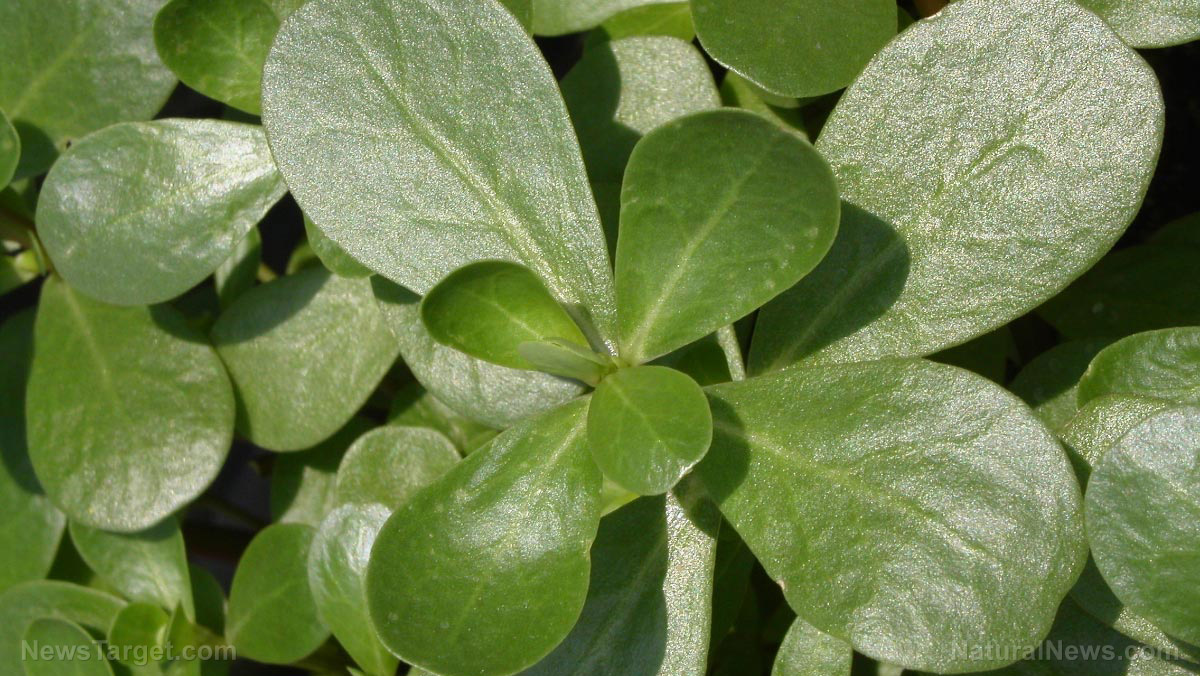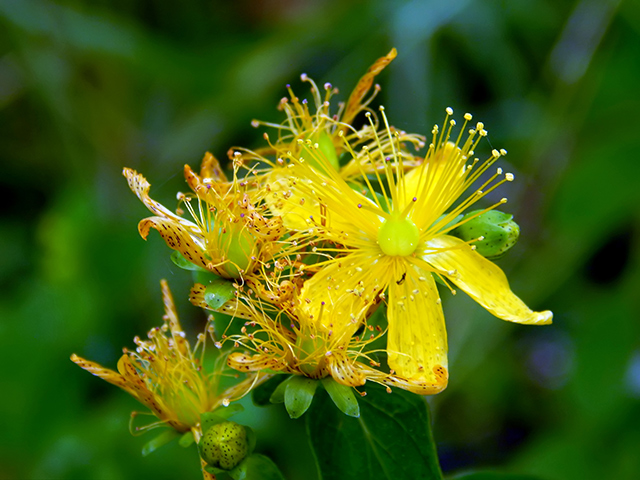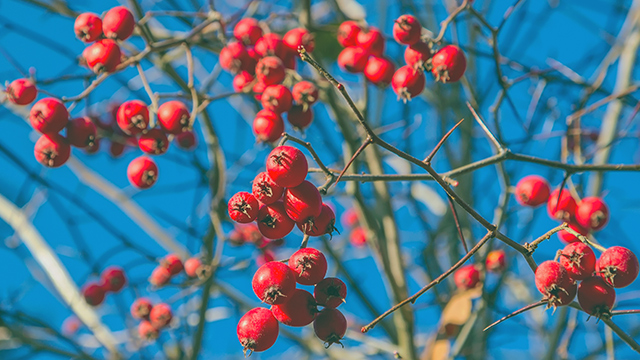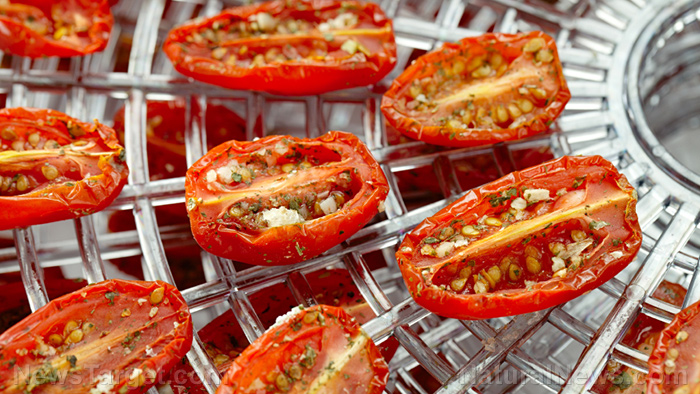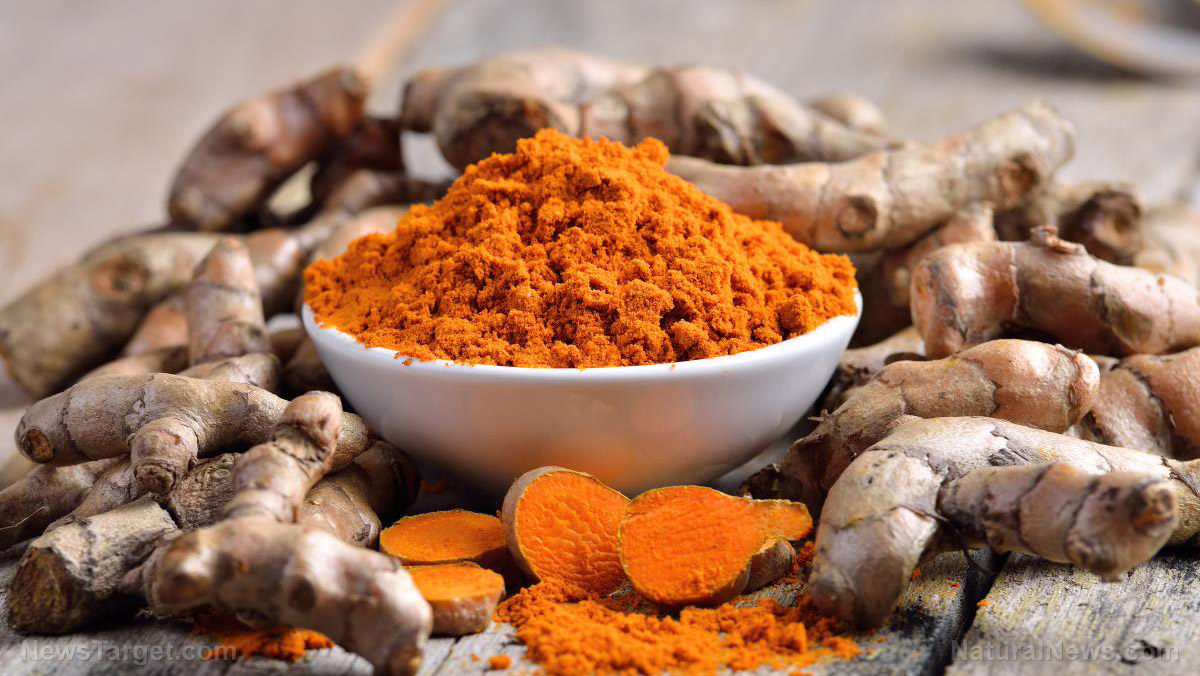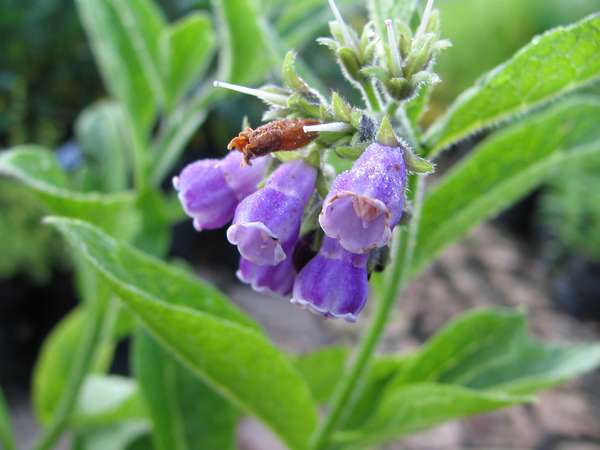Custard apple, false currant herbs from Africa have anti-cancer potential – study
11/12/2020 / By Evangelyn Rodriguez

There are many mainstream treatments available today for cancer patients. Of these approaches, chemotherapy appears to be the most widely used. However, because it requires the administration of high doses of chemical agents, chemotherapy also kills healthy cells and causes undesirable side effects. These include fatigue, nausea, hair loss, vomiting, loss of appetite, constipation, anemia and diarrhea.
Herbal medicines and plant-derived anti-cancer agents, on the other hand, have the advantage of causing very few adverse effects. This is due to their selectivity to cancer cells. And because they come from natural sources, they do not exhibit toxicity toward healthy cells. These anti-cancer agents are secondary metabolites produced by plants, and they range from plant carbohydrates, steroids and glycosides to alkaloids, tannins, saponins, terpenoids, flavonoids and other phenolic compounds.
In a recent study, researchers at the Kenya Medical Research Institute evaluated the anti-cancer properties of two local plants from Tanzania, namely Annona senegalensis, also known as African custard apple, and Allophylus africanus, or African false currant. Both plants are traditionally used to treat cancer in Tanzania, but this is the first time their effectiveness as anti-cancer medicine has been evaluated by Western scientific measures.
The researchers reported their findings in an article published in the Journal of Medicinal Plants Research.
Extracts from two African plants show anti-proliferative effects against human cancer cells
To evaluate the anti-cancer potential of African custard apple and African false currant, the researchers collected samples of both plants from Ugweno village at Mount Kilimanjaro in Tanzania. They then prepared different extracts using dichloromethane/methanol (DCM:MeOH), petroleum ether, DCM, ethyl acetate (EtOAc), methanol (MeOH) and water as solvents.
Using MTT cell viability assay, the researchers assessed the ability of the extracts to inhibit the proliferation of breast (HCC 1396), throat (HEp-2) and colon (CT 26) cancer cells. (Related: Researchers document anti-cancer potential of plants used in traditional African medicine.)
They reported that the anti-proliferative activities of African custard apple and African false currant varied between extracts and cancer cell lines. The petroleum ether extract of African custard apple showed the highest antiproliferative activity against HEp-2 and the highest selectivity to cancer cells. The petroleum ether and DCM:MeOH extracts of African false currant also showed good antiproliferative activity against HEp-2.
The researchers said that their findings validate the use of both medicinal plants as traditional treatments for cancer in Tanzania.
Based on these findings, the researchers concluded that African custard apple and African false currant are great sources of antiproliferative compounds that can stop the growth of cancer cells.
Other medicinal uses of the plants
African custard apple is a tropical tree whose different parts are used for food and medicine by locals. Studies show that this plant has antimicrobial, antioxidant, anti-parasitic and anti-inflammatory properties. African custard apple has also been found to be effective against cervical, skin and pancreatic cancer.
The fruits of African custard apple have a pleasant, pineapple-like smell and tastes similar to apricots. They are used as a remedy for diarrhea, dysentery and vomiting. Meanwhile, the leaves of African custard apple are rich in protein and are sometimes used as vegetables. They are also said to be effective for treating pneumonia.
The bark of African custard apple, on the other hand, is used by locals to treat digestive issues, snake bites, toothaches and respiratory infections. The gum from this bark is also used to seal open wounds, while the roots of the tree are used to treat stomachaches, venereal diseases, chest colds and dizziness.
African false currant is a flowering and fruit-bearing tree that’s usually grown as an ornamental. Like African custard apple, it is used by locals as a source of food, medicine and raw materials. According to studies, this medicinal plant has strong antimalarial, antibacterial and antioxidant properties.
The leaves, fruits, roots and bark of African false currant are its most useful parts. Besides serving as food (fruits) and raw material — its wood can be used as fuel or to make domestic tools — the different parts of this tree are natural remedies for various ailments, such as diarrhea, pile, toothache, parasitic infections, venereal diseases, cough, arthritis and rheumatism.
Many African plants have medicinal properties that deserve to be explored. These properties allow them to be effective natural treatments for even the most serious chronic diseases, such as cancer. To learn more about medicinal plants like African custard apple and African false currant, visit PlantMedicine.news.
Sources include:
Submit a correction >>
Tagged Under:
African custard-apple, African false currant, alternative medicine, anticancer, antiproliferative, cancer cures, cancer treatment, herbal medicine, Herbs, natural cures, natural medicine, plant medicine, research
This article may contain statements that reflect the opinion of the author
RECENT NEWS & ARTICLES
Herbs.News is a fact-based public education website published by Herbs News Features, LLC.
All content copyright © 2018 by Herbs News Features, LLC.
Contact Us with Tips or Corrections
All trademarks, registered trademarks and servicemarks mentioned on this site are the property of their respective owners.





